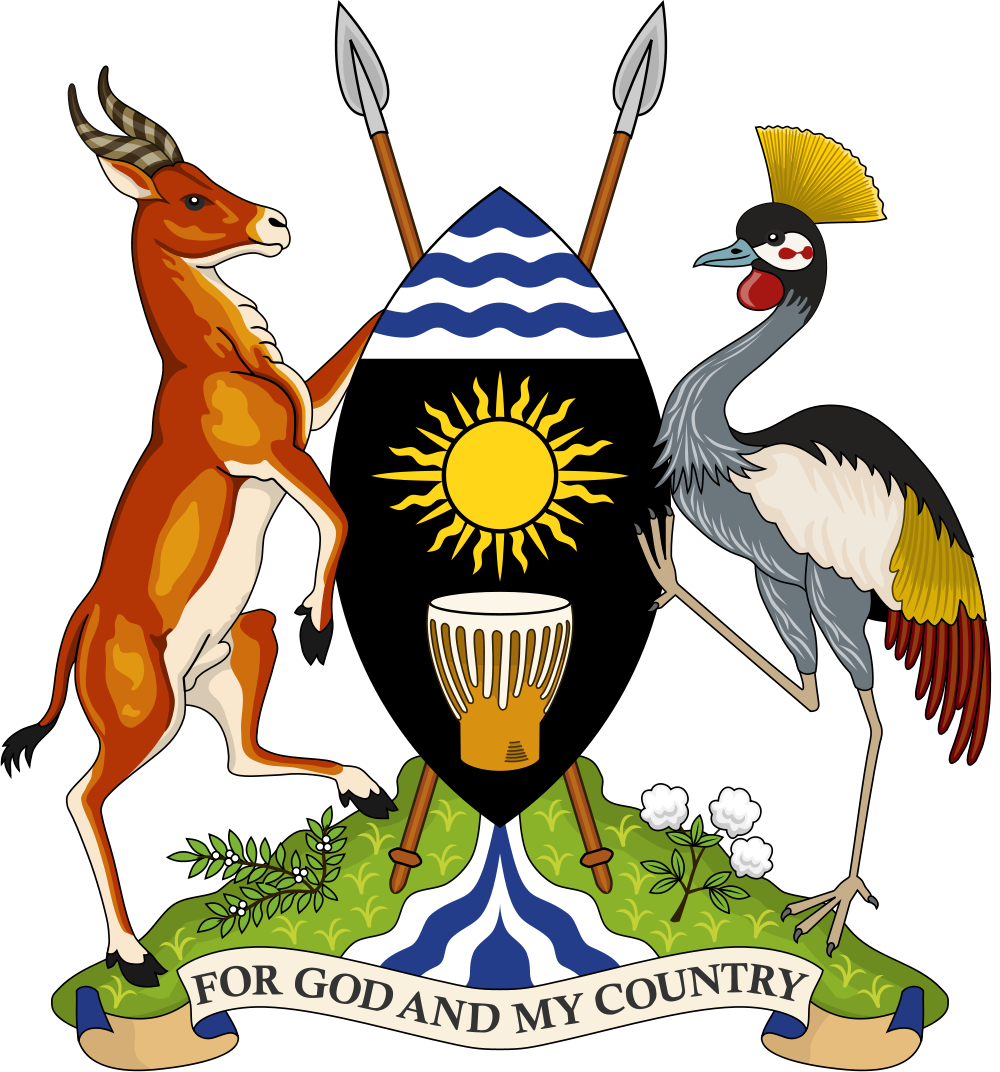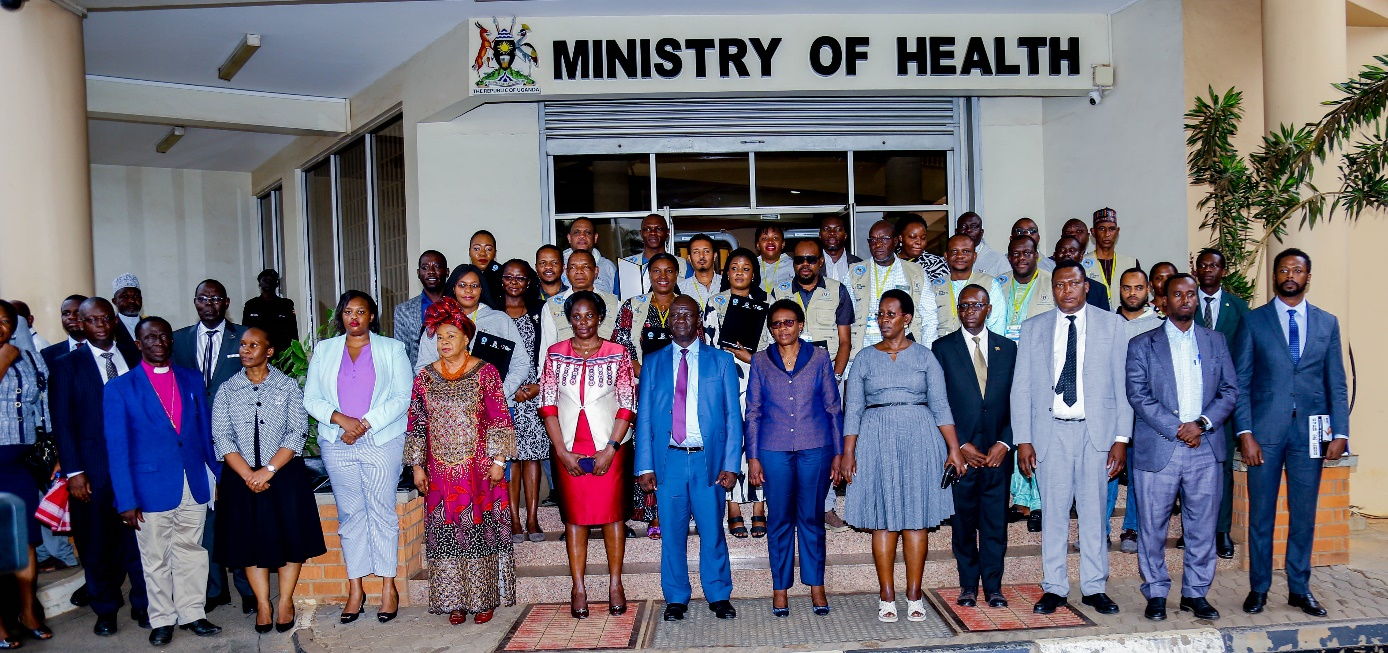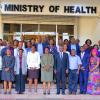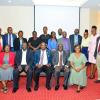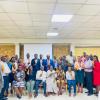NHLDS Recognized as Africa’s Regional Center of Excellence
5/09/2024: MOH Headquarters:
The National Health Laboratory and Diagnostic Services (NHLDS) has been recognized as a regional center of excellence in Africa. This recognition was highlighted during the closing ceremony of the East, Central, and Southern Africa (ECSA) peer-to-peer training sessions on equipment calibration, external quality assessment (EQA), and panel production. The event was presided over by the Minister of Health, Dr. Jane Ruth Aceng.
The ceremony was attended by several notable figures, including Permanent Secretary Dr. Diana Atwine, CDC Country Director Dr. May Boyd, Dr. Fatim Jallow of the Global Fund, representatives from the World Health Organization (WHO), and ambassadors from South Africa, South Sudan, Ethiopia, and Kenya among others.
In her remarks, Dr. Susan Nabadda, Commissioner of NHLDS, informed the Minister of Health about the advancements Uganda’s laboratory sector has made, positioning it as a leader among African nations. Key achievements highlighted include:
The ISO/IEC 17025:2017 certification of the calibration laboratories, putting it at an international level.
Uganda is one of the only three public calibration labs in Africa under the Ministries of Health. The other two are in Kenya and Nigeria.
Uganda also has the biggest public calibration laboratory in Africa with the biggest number of accredited scopes (07), followed by Kenya (05) and Nigeria (03).
The highest number of NSF trained Biosafety cabinet certification Engineers in the region, four of whom are NSF accredited.
Currently the only country in Africa with an accredited equipment maintenance-training curriculum, which is currently being benchmarked by the Africa CDC and ASLM.
Uganda has the largest number of certification tools (05) in Africa, addressing biosafety certification needs.
Dr. Nabadda also mentioned the NHLDS's recent milestone: producing the region's first malaria Rapid Diagnostic Test (RDT) proficiency testing panels. This achievement is being shared through a peer-to-peer learning initiative, enabling countries across the region to gain expertise in producing and implementing these panels.
In her remarks, the Minister for Health Dr. Jane Ruth Aceng commended the lab sector on the achievements highlighting the central role NHLDS is playing in supporting capacity enhancement in Africa. . She noted that through the Supranational TB Reference Laboratory Network, NHLDS supports over 21 countries in sub-Saharan Africa in quality assurance and accreditation, helping to ensure that diagnostic services meet international standards. This network has been instrumental in building capacity, sharing best practices, across the region.
“I am happy to mention that our vision extends beyond our national borders. We believe that quality assurance in diagnostics should not be confined to one’s country alone. That is why we are committed to extending our capacity and expertise to the region. Our goal is to enable more countries to provide proficiency testing within their own networks and to support them in attaining ISO 17043 accreditation”, Hon. Dr. Ruth Aceng.
This was also re-echoed by the partners;
“This peer- to-peer regional training, the first of its kind in Uganda and for the region is a major step towards the future the continent is yearning for, and it is commendable. Collaboration, communication, positive transcontinental inter-dependency, truly demonstrates Africa at its best. NECL, now a regional center of excellence, has also played a crucial role in responding to outbreaks, by certifying biosafety cabinets maintained in mobile labs to ensure safety,” Dr. Adetinuke Mary Boyd US CDC Country Director.
“This peer- to-peer regional training was not a direction we anticipated as Global Fund. I would like to congratulate Dr. Susan and team for this excellent work. Thanks to the Honorable Minister of health and PS for the support to the lab sector. Thank you for always leading on Laboratory excellence in Africa, “Dr. Fatim Jallow –Global Fund.
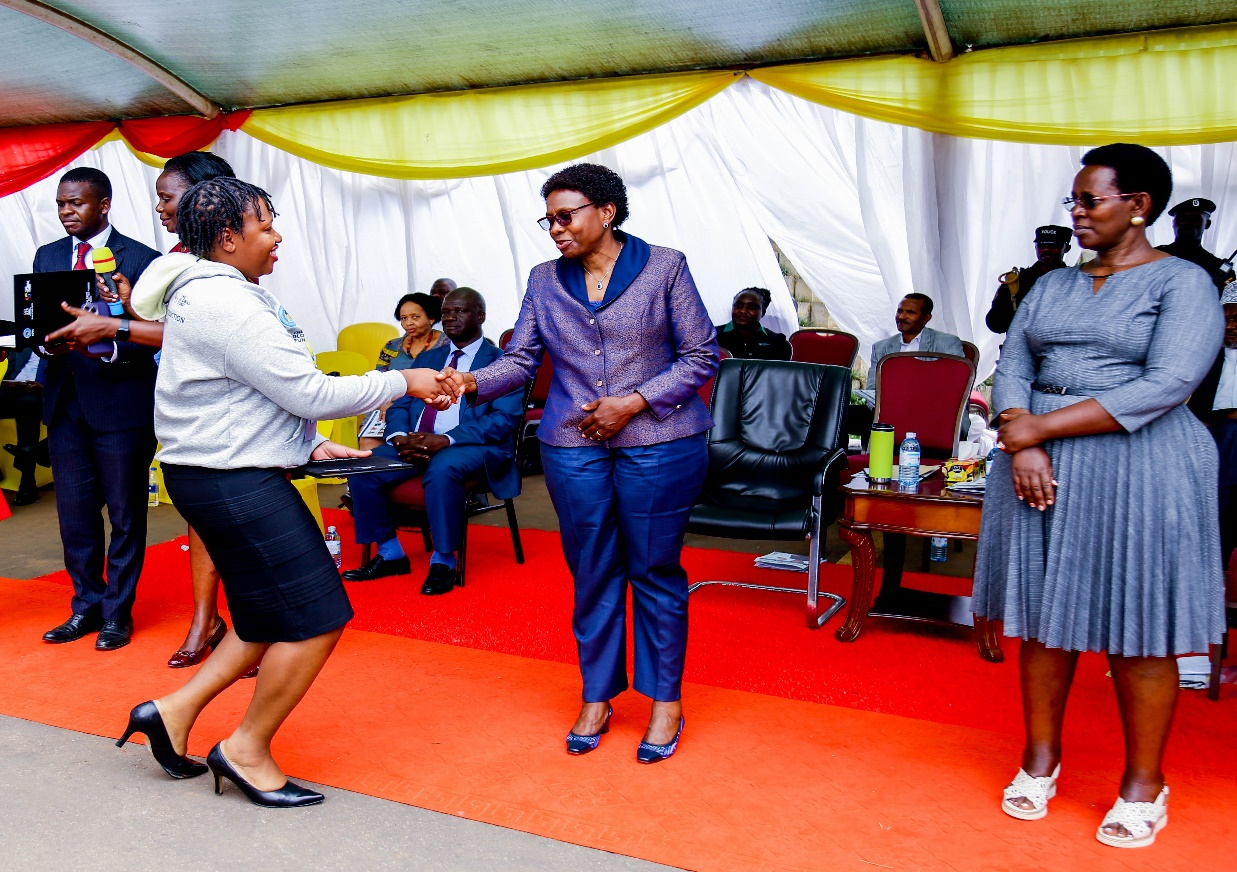
The event celebrated the graduation of 36 participants from the second cohort, representing 14 countries, including Zimbabwe, Tanzania, Zambia, Ethiopia, Uganda, Cameroon, Mali, Nigeria, Mozambique, Malawi, Kenya, South Africa, Rwanda, and Sierra Leone. These graduates were trained in equipment maintenance and the preparation of proficiency testing panels.
The first cohort, consisting of 14 participants from seven countries, completed their training in March this year, while the third cohort of 37 participants is currently undergoing training.
This training program was conducted with support from the Global Fund, ECSA, and ASLM, with Uganda selected to lead the peer-to-peer training for the region.
